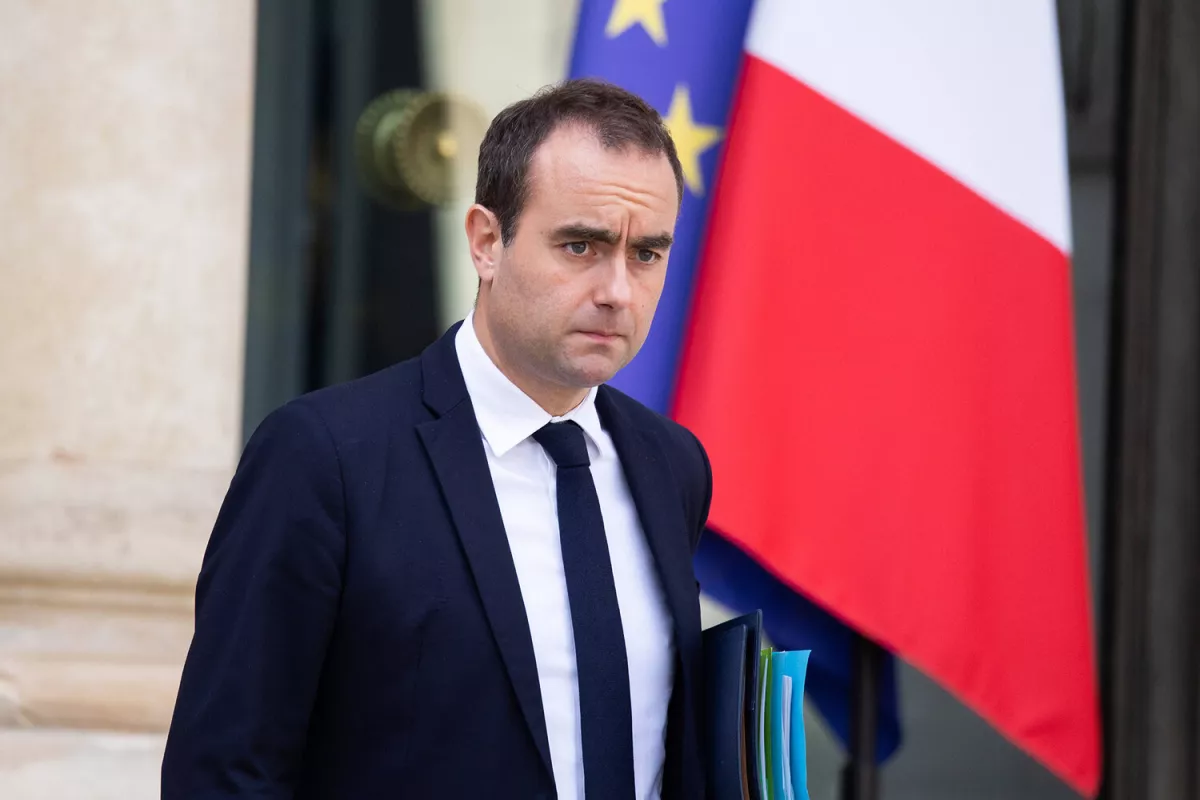France in the grip of crises Macron has driven the country to the brink
This year, the French government has once again faced a political crisis, this time centred on Sébastien Lecornu, who resigned as Prime Minister. Lecornu had assumed office on 9 September amid widespread protests across the country, triggered by public dissatisfaction with the policies of his predecessor, François Bayrou.
Bayrou had proposed limiting the indexation of pensions and benefits and cancelling two public holidays—Easter Monday and 8 May—in a bid to save €44 billion in the state budget. However, these measures sparked strong opposition from both political rivals and trade unions. Before presenting the budget plans to Parliament, Bayrou sought a vote of confidence from the deputies—a move that proved politically disastrous. The French Parliament withdrew its support: 364 deputies voted for the government’s dismissal, while 194 opposed it.
Sébastien Lecornu, who succeeded Bayrou, assumed power as a technocrat with no strong party affiliation, aiming to unite France’s fragmented political forces. However, he faced political turmoil from the very start of his government. Lecornu’s cabinet lost its political legitimacy even before the official parliamentary session, and, lacking a parliamentary majority, chose not to invoke Article 49.3 of the Constitution.
Article 49.3—which allows a law to be passed without a parliamentary vote—has long been a source of intense debate in France. Critics view it as a tool for the executive to “push through” legislation lacking majority support. In fact, it was used to pass the controversial pension reform in 2023. Lecornu’s decision not to apply this article, while unconventional, was nonetheless perceived as a sign of political weakness.
“I began to pave the way for solutions that would allow us to reach a compromise in Parliament,” Lecornu said. Yet, as his resignation demonstrated, the newly appointed prime minister was ultimately unable to achieve this goal.

It is important to highlight a key fact: Lecornu is one of Macron’s close allies, having held various government positions since 2017. For instance, in 2022, he became Minister of Defence, during which he actively promoted the 2024–2030 military expenditure law, fully supporting the militaristic policies of official Paris.
His abrupt resignation, therefore, is less about personal failure and more a sign of a systemic crisis of power, with President Macron at its epicentre. It underscores the vulnerability of the Macron system, which appears to be cracking at the seams. France today finds itself in a state of managed crisis, with public trust in institutions rapidly declining and the president’s approval rating intentionally undermined. A recent Odoxa poll confirms this trend: Macron’s approval rating has reached a record low of 22%, meaning nearly four out of five French citizens (78%) consider him a “bad president.”
Meanwhile, according to an Ifop poll, 68% of French citizens believe the government has lost touch with society and support a change of power. Additionally, 54% are convinced that Macron can no longer form a stable government, and 39% said they would be willing to support early elections.
Taken together, these factors indicate that France has entered a new phase of political turbulence. If Macron attempts to buy a few months by forming a temporary cabinet to push through unpopular budgetary measures, public discontent could once again erupt into mass street protests—this time potentially paving the way for early elections.








